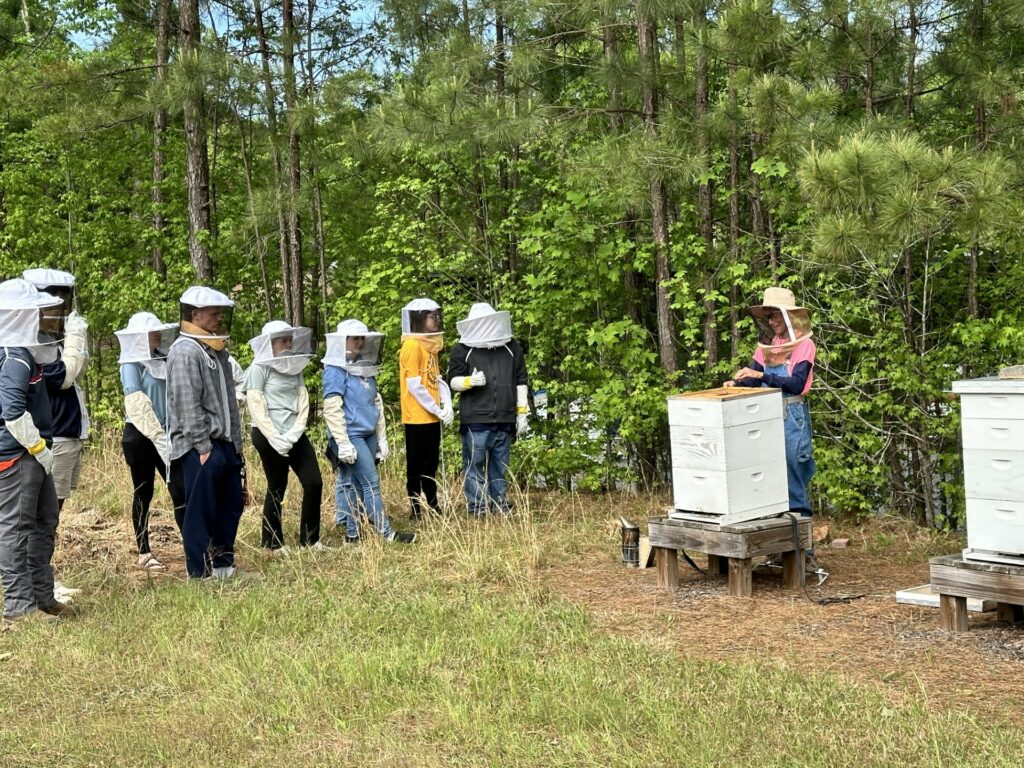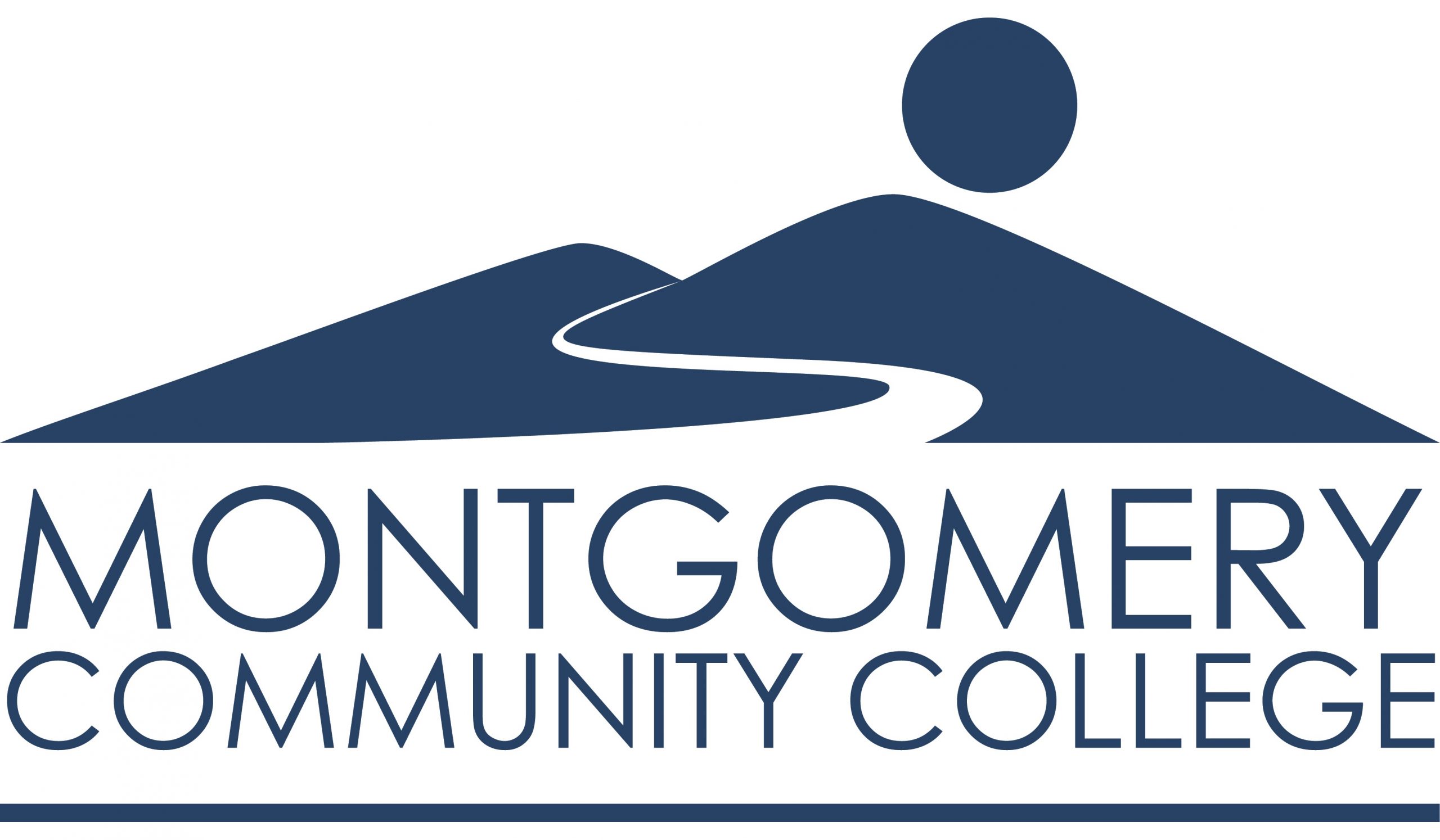Associate with bees, please.
Published on Thursday, May 30th, 2024
Now that most of us have cleaned away the yellow tree pollen that plagues North Carolinians during the month of April each year, it seems to be a good time to learn about another kind of pollination which is happening all around us during the summer months, thanks to many busy insects and animals such as wasps, moths, butterflies, birds, bats and, yes, more than 3,500 species of bees.

PHOTO: Nancy Ruppert, retired NC Apiary Inspector, shown outside at MCC’s Apiary teaching MCC students about bees.
A quick review of pollination and its importance to plant reproduction: Pollen from a flower’s anthers (the male part of the plant) rubs or drops onto a pollinator- such as a bee. The pollinator then takes this pollen to another flower, where the pollen sticks to the stigma (the female part). The fertilized flower later yields fruit and seeds which become the flowers, fruits and foods we enjoy and rely on.
Scientists at the National Institute of Food and Agriculture estimate that about 75% of the world’s flowering plants and about 35% of the world’s food crops depend on pollinators to produce, yet despite their importance, many pollinators are declining in numbers, posing a threat to the world’s ecosystems and global food security.
The great news is, the state of North Carolina (and Montgomery County in particular) are poised to support pollinators and nurture the successful agricultural ecosystems of our state.
The North Carolina State Beekeeping Association is the largest in the United States at nearly 5,000 members! Attendance at their conferences averages around 500 people, which makes it appealing to nationally-known experts; scientists from all over the country come to teach North Carolinians about bees and beekeeping.
In addition, our state enjoys a positive and cooperative relationship with the North Carolina Department of Agriculture & Consumer Services. While beekeepers in other states may see state inspectors as over-regulatory government interference, North Carolina’s apiary and pesticide inspectors have developed a helpful reputation where local beekeepers respect and even request their presence. This partnership has resulted in much lower levels of deadly, infectious honey bee diseases than the national average. There is also a very strong collaborative relationship between the regulatory/pest/disease experts and the research/extension experts within the North Carolina university system. No other state in America has a better triangle of expertise and cooperation, working together for the betterment of pollinators and those who try to manage them.
In many cases, rural areas like ours have small beekeeping groups, with fewer attendees and members, which is why they often struggle to consistently provide educational programs. Montgomery County however, has developed a longtime tradition of offering quality programs each month, which (along with fun, food and prize raffles) help keep people coming back. The Montgomery County Beekeepers’ Association averages about 40 attendees each month, much higher than many other rural beekeeping groups. Another unique feature is a groundbreaking beekeeping scholarship which provides consistent mentoring from experienced beekeepers, resulting in significant improvements in honey bee survival.
How involved would you like to be? Everyone can do something; it’s easy in North Carolina to help pollinators without having boxes of stinging insects in your yard. One way is to have plantings, such as a pollinator-focused wildflower mix or sunflower mix, that will beautify your yard and also feed pollinators. And, if it doesn’t cause too much grief, let white clover and dandelion grow a little while before mowing. Another helpful effort is to use fewer insecticides in your yard, opting for effective pest management options that are safe for nearby pollinators. And, of course, buying honey from our local beekeepers helps support local pollination efforts!
Come learn more about bees and your neighbors who love them! The Montgomery County Beekeepers’ Association welcomes all visitors to their monthly meetings, on the third Thursday of each month in the Montgomery Community College Multi-Purpose Room; no meetings in July or December. Attendance is free, and any meeting should give a visitor an idea of how the group operates and whether it’s of enough interest to join. Visit our beekeepers online at https://montgomerybeekeepers.com and see updates on their Facebook page as well: https://www.facebook.com/MCBANC/

